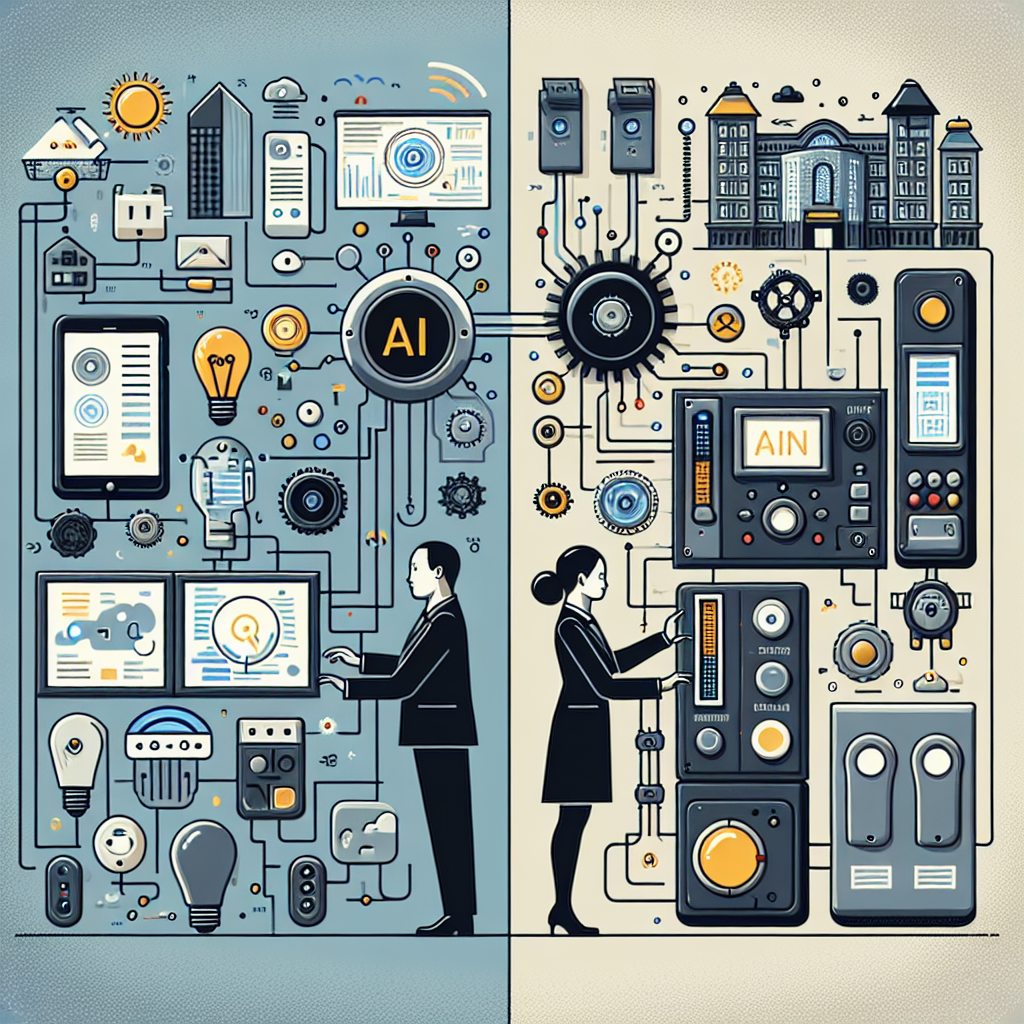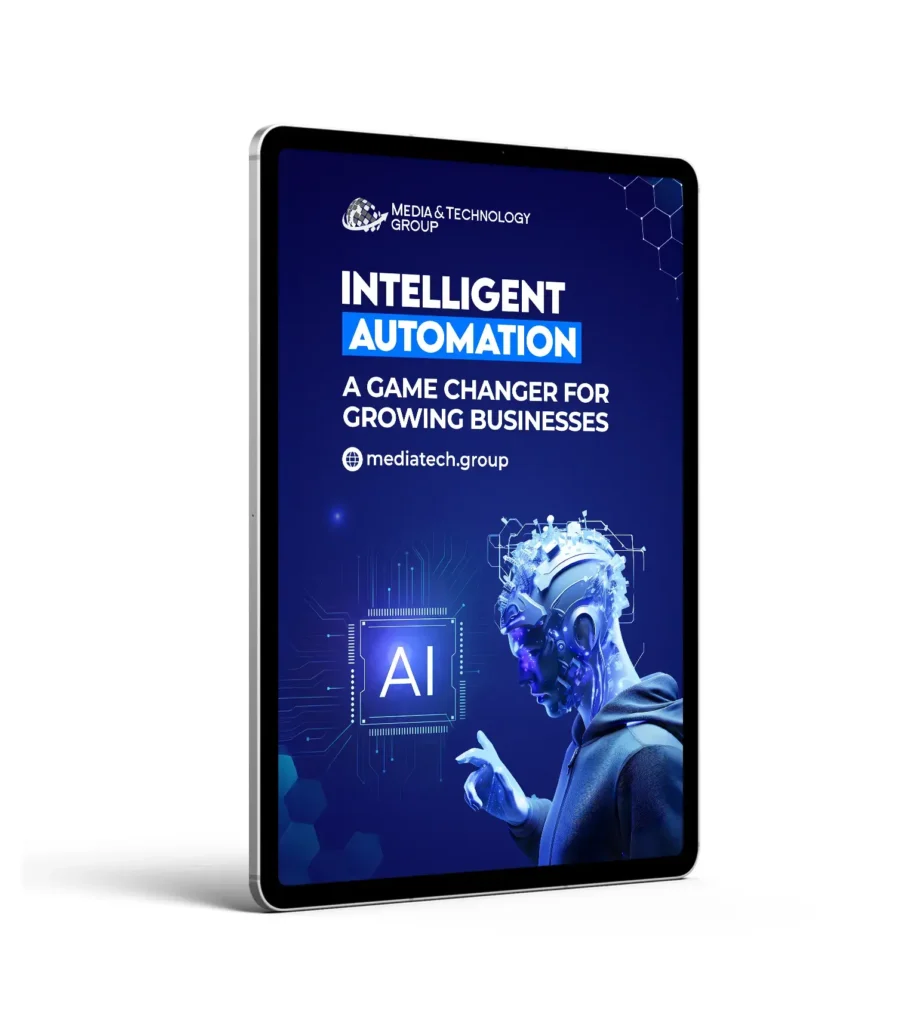In today’s fast-paced technological world, understanding the difference between AI agents and traditional building automation is more important than ever. Especially for business owners, office managers, and property management companies. So, let’s break down AI vs traditional building automation in a way that’s easy to grasp and straight to the point.
Understanding Traditional Building Automation
Traditional building automation revolves around systems that control various aspects of a building. This includes heating, ventilation, and air conditioning (HVAC), lighting, security, and fire safety systems. The primary goal of traditional building automation is to improve the efficiency and comfort of a building’s environment.
- Controls are usually programmable logic controllers (PLCs) or localized controllers.
- Systems are often pre-set, requiring manual intervention for changes.
- Maintenance can be time-consuming and costly.
In essence, traditional building automation is a manually intensive process that lacks the dynamic flexibility offered by modern technology.
The Rise of AI Agents
Switching gears to AI agents in Smart Structures, AI in building automation uses machine learning algorithms to make buildings smarter and more efficient without constant human input. AI agents can analyze data from various building systems and make real-time decisions to optimize performance.
- AI agents can predict and respond to changes instantaneously.
- They interact with various sensors and devices seamlessly.
- Energy savings and operational efficiency are significantly higher.
By implementing AI, buildings can become self-regulating, ensuring optimal conditions all around.
Comparing AI vs Traditional Building Automation
So, how do AI agents stack up against traditional building automation systems? Here’s a comparative look:
Cost and Efficiency
- Traditional systems often have high upfront and maintenance costs. AI agents, although initially expensive, reduce operational costs in the long run by optimizing resource use and improving energy efficiency.
Flexibility and Adaptability
- Traditional systems usually stick to fixed schedules and settings. AI agents, on the other hand, are dynamic. They adapt to occupants’ habits and external environmental factors in real-time, ensuring optimum conditions.
Ease of Use and Maintenance
- Traditional automation requires skilled personnel for programming and maintenance. AI systems, equipped with machine learning, can self-diagnose issues and often fix them without human intervention.
Why Choose AI for Building Automation?
From a business perspective, the advantages of AI over traditional building automation are quite clear. Here at Media & Technology Group, LLC, we specialize in implementing AI solutions that can transform the way your building operates. We believe this not only saves time and money but also substantially improves your building’s overall performance.
Auto-adjusting temperatures, smarter lighting solutions, and enhanced security are just a few of the benefits AI can offer over traditional systems. Imagine a building that thinks like a human, adjusting itself according to your needs without needing constant manual updates. Pretty cool, right?
Conclusion
To sum it up, the battle between AI agents and traditional building automation presents a clear winner—AI agents. For business owners, office managers, and property management companies looking for efficiency, cost savings, and adaptability, AI is the way forward.
At Media & Technology Group, LLC, we are committed to helping you make that transition. From website design to AI implementation, our range of services is designed to bring your business into the future. Are you ready to make the smart choice for your building’s automation needs? Let’s chat.







